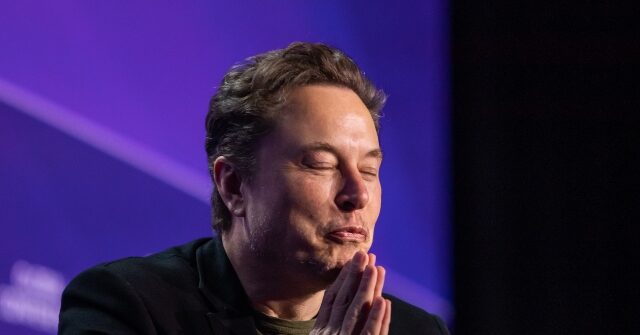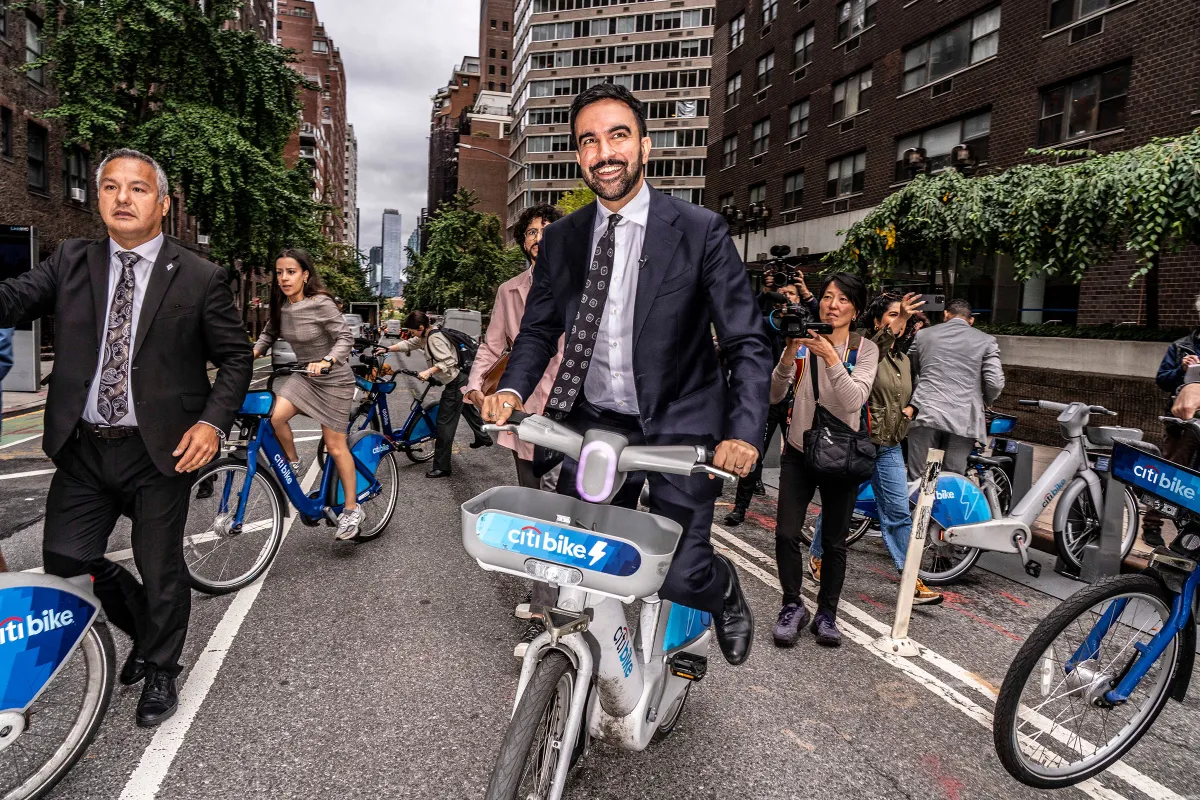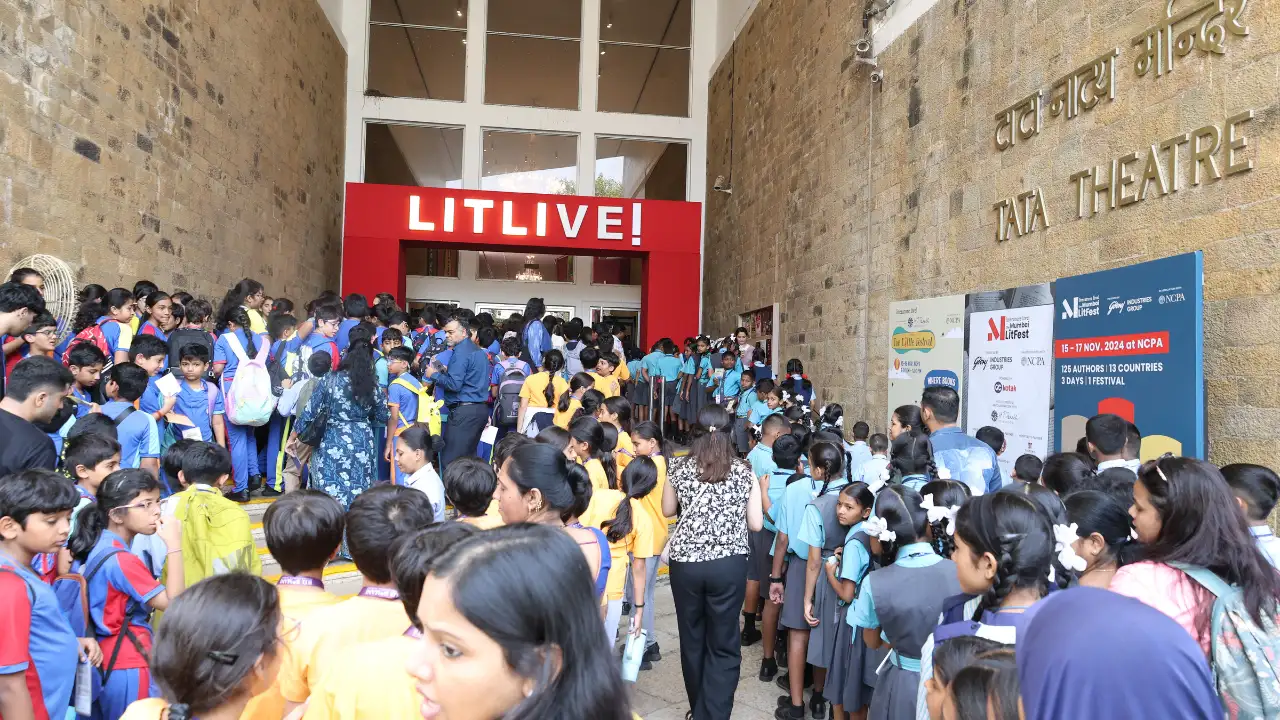Copyright breitbart

Tesla shareholders are set to decide this week whether to approve a trillion dollar compensation package for CEO Elon Musk that could grant him much more control over the company than he has today. Critics, including proxy advisory firm Institutional Shareholder Services (ISS), are urging shareholders to vote no on the plan. Tesla’s annual shareholder meeting on Thursday will include a shareholder vote on a controversial pay plan for CEO Elon Musk that has sparked intense debate and divided opinions. The proposed compensation package would grant Musk stock worth about $1 trillion if he manages to hit a series of lofty targets over the next 10 years. These goals include deploying one million humanlike robots, boosting Tesla’s market value to $8.5 trillion from its current $1.4 trillion, and increasing earnings before depreciation and other items to $400 billion from $17 billion last year. Supporters of the plan argue that it is necessary to motivate Musk as he leads Tesla’s claimed transformation from primarily an EV manufacturer to a company focused on robots and self-driving taxis. They believe that Musk’s vision and leadership are crucial to Tesla’s future success and that the compensation package will ensure his continued commitment to the company. Tesla Board Chair Robyn Denholm even warned that Musk could leave Tesla if he doesn’t get his massive payday: “Without Elon, Tesla could lose significant value, as our company may no longer be valued for what we aim to become.” However, critics of the plan, including corporate governance experts and some institutional investors, have raised concerns about the excessive nature of the compensation and the potential for Musk to gain too much influence over Tesla. They point out that the plan would allow Musk to acquire voting control over nearly 29 percent of Tesla shares if he meets all the targets, giving him significant sway over the company’s direction. Breitbart News previously reported that Proxy advisory firm Institutional Shareholder Services (ISS) has urged shareholders to vote no. Another point of contention is the role of Tesla’s board of directors in determining whether Musk has met the performance goals. Some corporate governance experts argue that the board, which includes Musk’s brother and several longstanding friends and business associates, may not be sufficiently independent to make objective assessments of his performance. They cite a Delaware court decision that struck down an earlier pay plan for Musk, in part because the judge found that many Tesla directors were too close to him personally or owed their wealth to him. This week promises to be filled with closing arguments from both sides, including Musk himself, ahead of Thursday’s shareholder vote. Lucas Nolan is a reporter for Breitbart News covering issues of free speech and online censorship.



